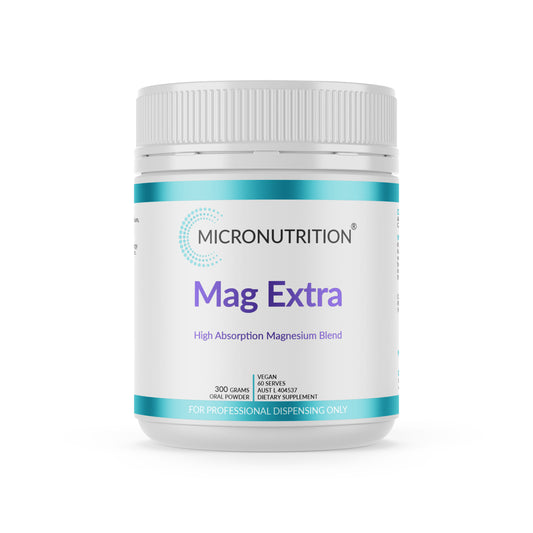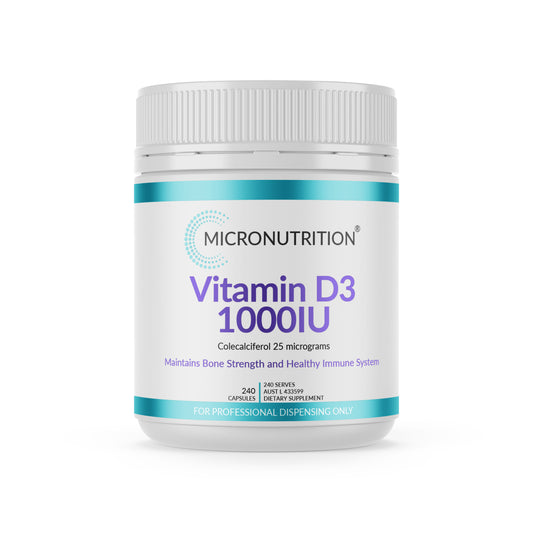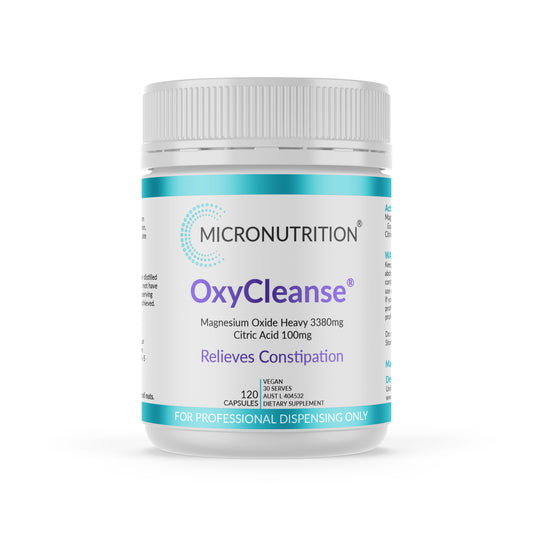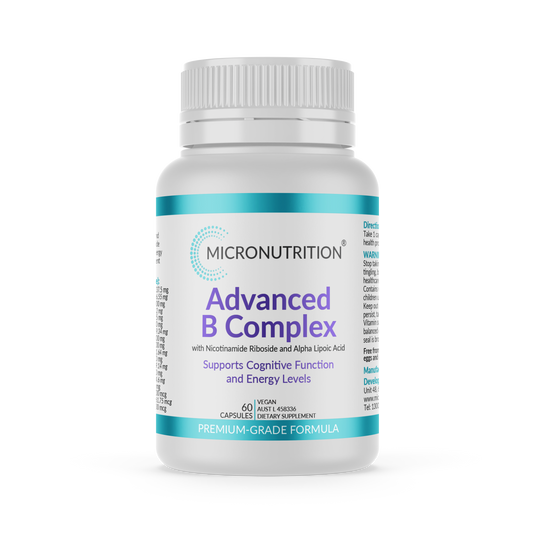What's in your vitamins
Share
When only the best will do—this slogan was part of a well-known advertisement by Gillette promoting their men’s shaver in the 1980s and 1990s. Unfortunately, in today’s fast-paced world, many products and services are designed to provide minimal value with the primary goal of maximizing profit.
This trend is evident across various sectors such as banking, clothing, footwear, and food. For instance, banks seldom offer benefits without expecting something in return, lower interest rates, higher fees etc. High-priced clothing and shoes often originate from workshops in impoverished countries, and food items continuously shrink in size while prices increase.
This phenomenon extends to the health industry as well. Many nutritional supplements on the market are the same. Also known as Cosmetic Medicines, the Therapeutic Goods Administration (TGA) permits the inclusion of multiple fillers and additives (better known as excipients in the industry) in supplements to allow manufactures to meet requirements for bottle size, capsule size, and price point meaning what you think is in the bottle is not all there is. Although some of these fillers and additives may not be harmful in small quantities, some are, and they are generally unnecessary. For example, a quick examination of some Vitamin D supplements in Australia reveals some containing sulphites (preservatives), sodium metabisulfite (which can cause asthma-like allergies), and soybeans (known to cause digestive issues).
While most individuals aim to reduce their daily intake of preservatives and chemicals, these substances are prevalent in vitamins. Their necessity is questionable, particularly when considering the extended "Use By" dates manufacturers aim to achieve through added preservatives. Realistically, consumers typically plan to use supplements within a month or two from date of purchase.
As the founder of Break Free Organics, I am admittedly biased. My goal is to help people navigate unnecessary additives and find supplements and foods free of preservatives and fillers, in other words free of excipients. This principle also applies to our range of Hemp Products and Essential Oils; however, I want to focus on Micronutrition Vitamin D 1000IU at this time.
Micronutrition Vitamin D 1000IU contains only active ingredients: Colecalciferol (Vitamin D3 1000IU). It is free from preservatives, fillers, sulfites, soy, and sodium metabisulfite.
Key benefits of Micronutrition Vitamin D include:
Maintaining bone health and supporting healthy bone development
Supporting a healthy immune system and muscle function
Aiding calcium absorption, helping to prevent osteoporosis later in life
Helping to prevent vitamin D deficiency in the diet
Maintaining general health and wellbeing
Offering a convenient one-capsule-a-day dose
A formula validated by independent third-party testing
Formulated and manufactured in Australia
Some of the benefits listed above in Micronutrition Vitamin D 1000IU are comparable to other Vitamin D products, although many can’t say they are a one capsule a day dose, formulated and manufactured in Australia and excipient free.
Choosing Micronutrition Vitamin D allows you to avoid packing your body with unnecessary chemicals while still reaping the huge benefits of Vitamin D.
If we fight against food products with steroids, fillers, chemicals and other unhealthy substances, why do we permit them in supplements meant to be helping us. By the very nature of the word, supplements are meant to help us supplement our bodies with the necessary vitamins and minerals we no longer get from our food.




